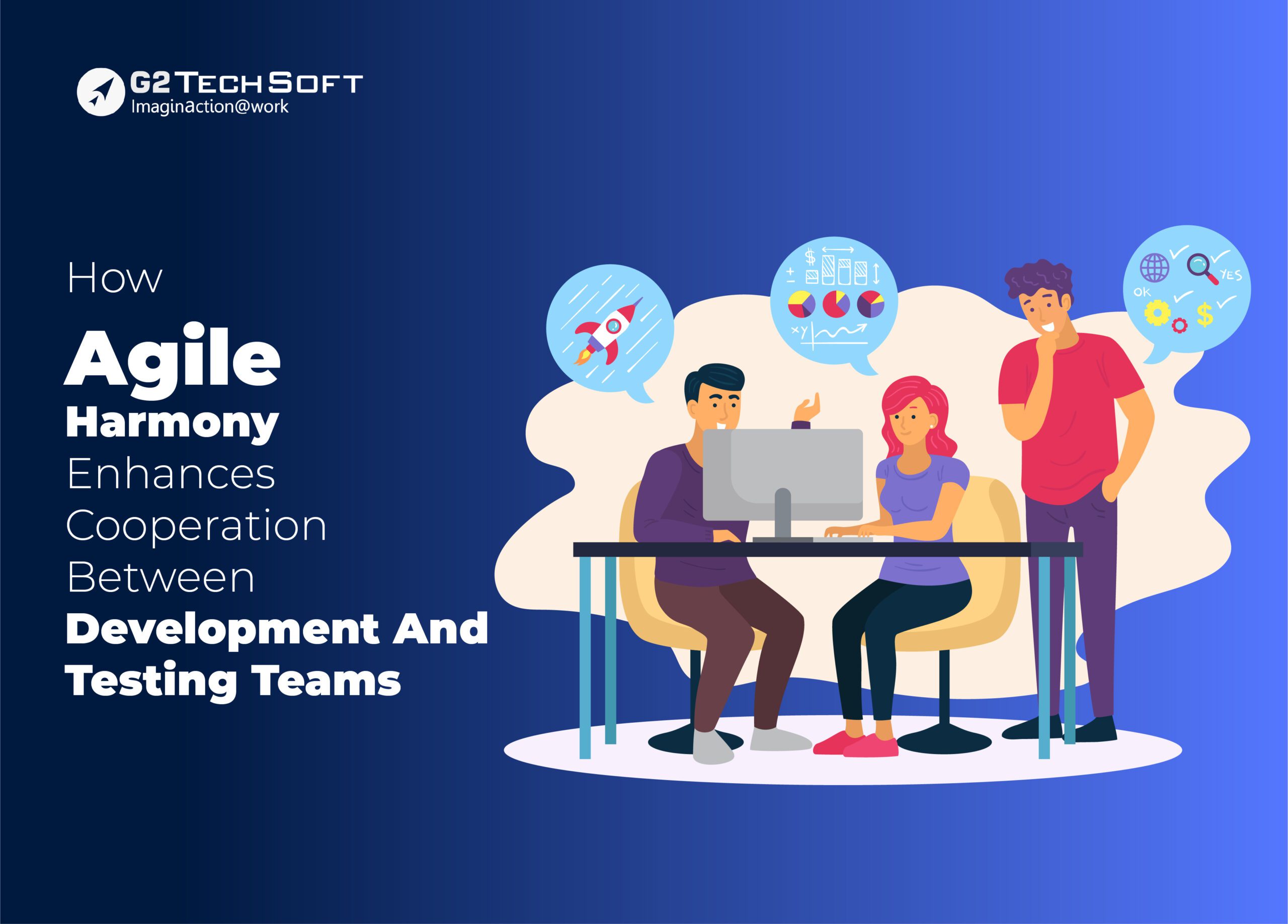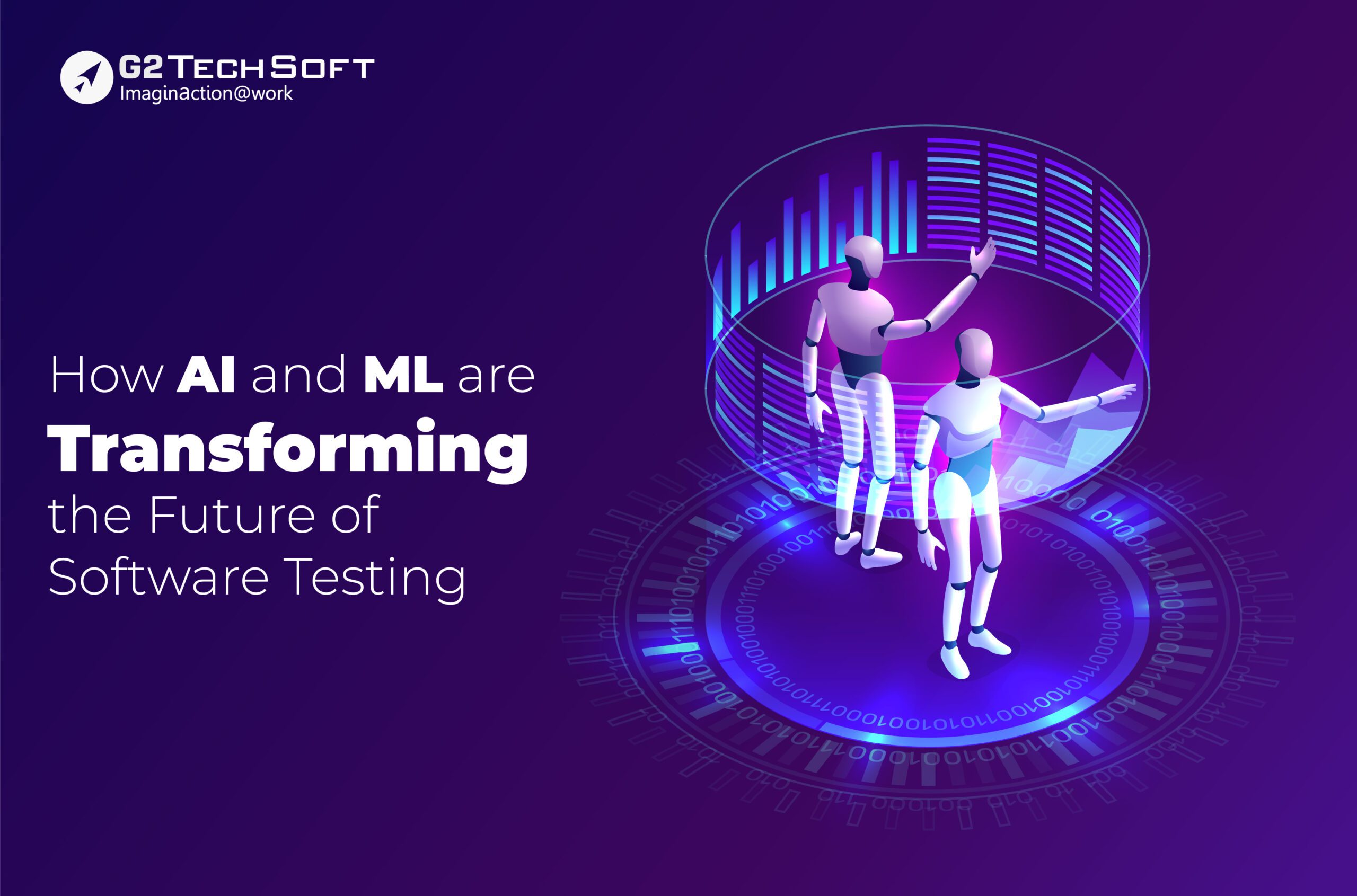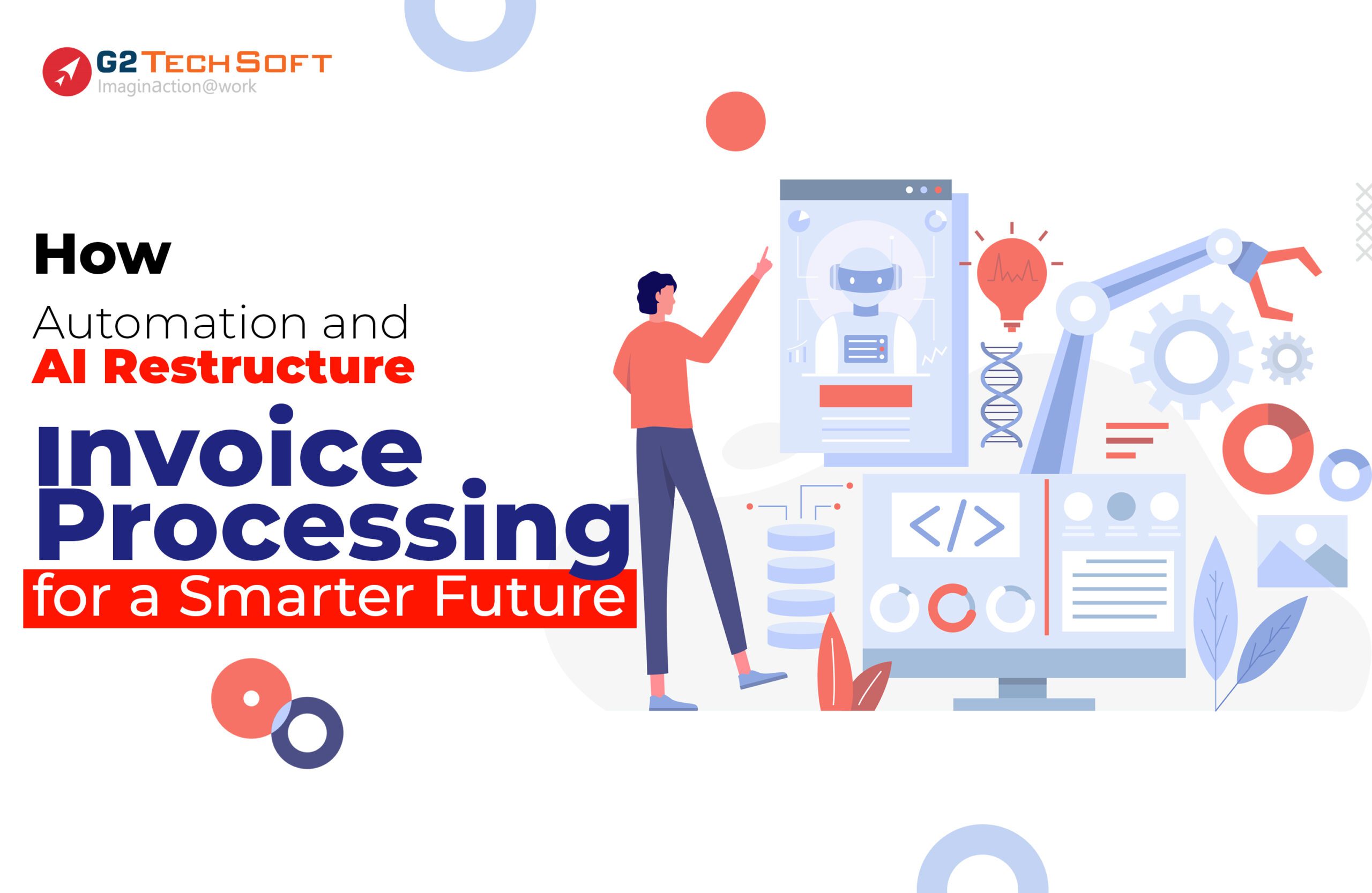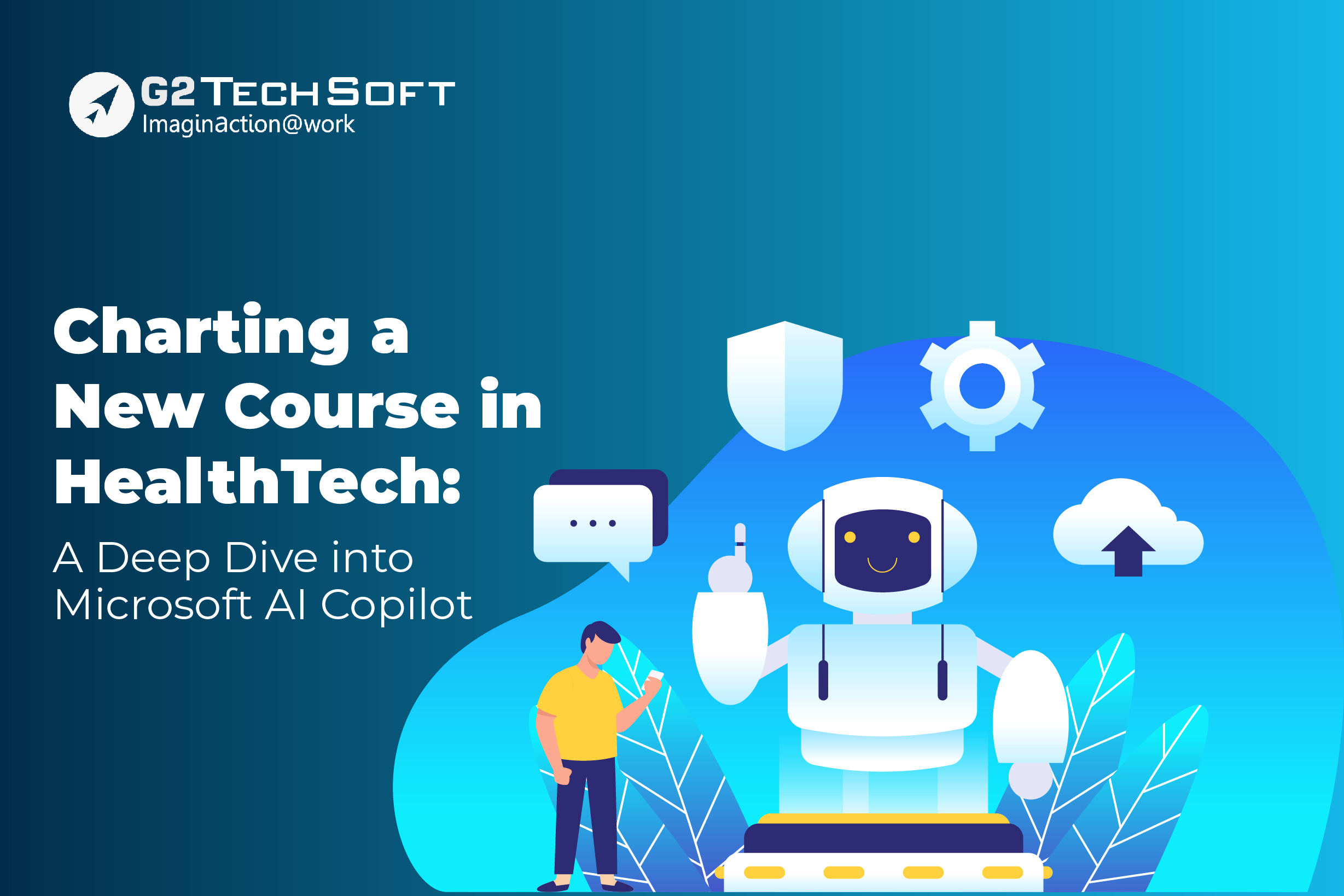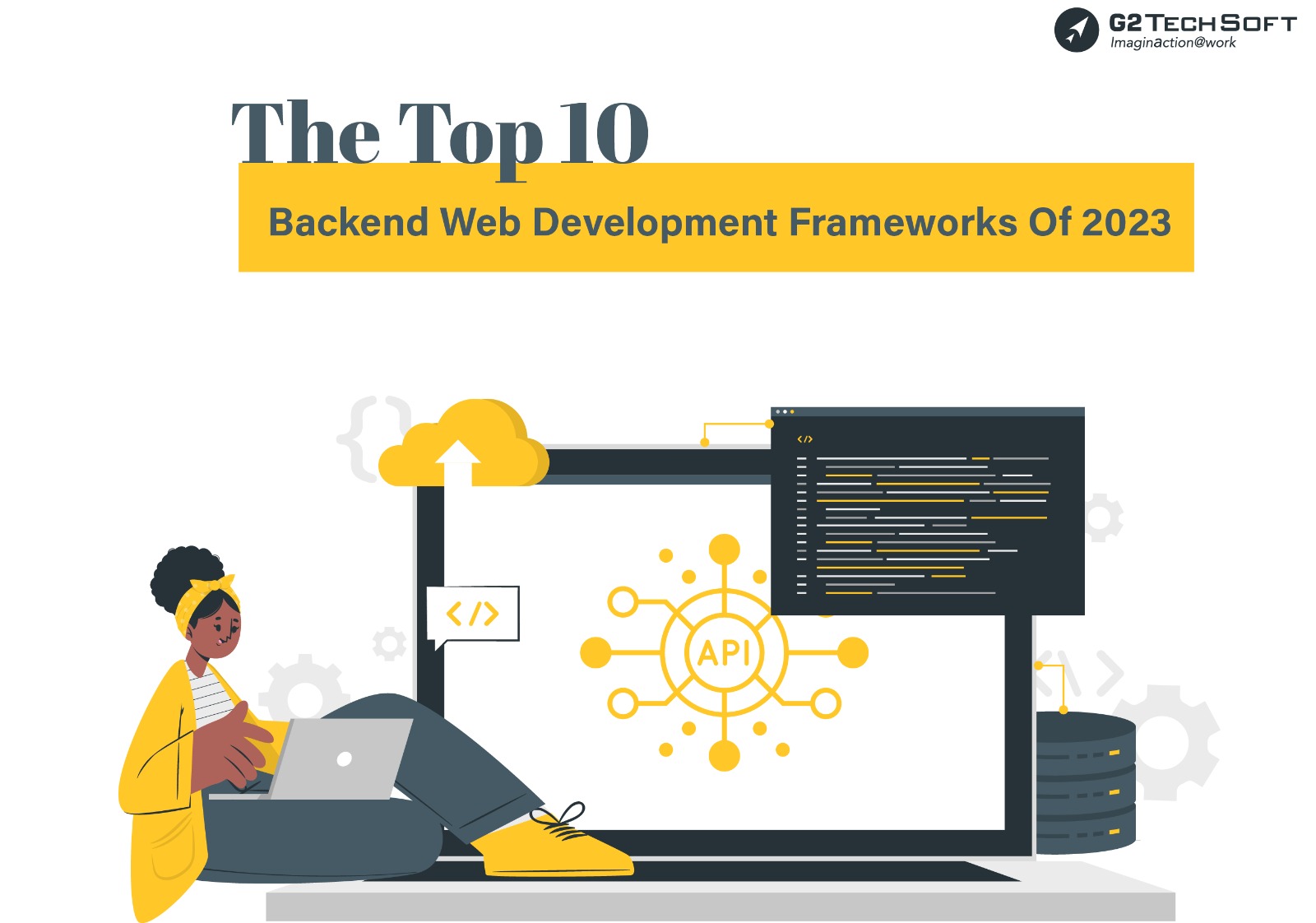
Top 10 Backend Web Development Frameworks of 2023 Unveiled
In the dynamic realm of web app development, web application frameworks have risen to prominence. Their accessibility, versatility, and rapid adaptability have propelled them past traditional desktop applications. Web apps stand out due to their ease of access across distinct devices, from desktops to smartphones, without requiring intricate installations. This convenience and the ability to seamlessly update features have revolutionized user experiences. Unlike their desktop counterparts, web apps enable instant updates that reach all users, eliminating the need for cumbersome manual installations.
Moreover, the scalability of web apps is a testament to their modernity. The backend frameworks can gracefully expand to accommodate increasing user traffic, a feat that would demand extensive coding revisions in conventional desktop app scaling. In a world where efficiency matters, the shared backend codebase for various platforms streamlines development and maintenance efforts. This economic advantage, coupled with the agility of web apps, has prompted businesses to prioritize them over native apps.
As we delve into the pinnacle of this paradigm, the best web app frameworks for 2023, the profound impact of web application development becomes unequivocally clear.
A Guide To Understanding Backend Frameworks:
Backend frameworks emerge as indispensable pillars of success. The best web framework will play a pivotal role in crafting and deploying web applications with precision and efficiency, equipping backend developers with a robust toolkit to manage intricate tasks like database administration, server configuration, and seamless routing.
The strategic adoption of top backend frameworks offers countless perks. These frameworks will effectively orchestrate the synchronization of the entire software environment, ensuring smooth interactions and flawless functionality.
In the ever-evolving sphere of technology, the array of backend tools, frameworks, and libraries is in perpetual flux. Navigating this landscape requires businesses to remain vigilant and adaptable, underscoring the crucial role of selecting the most fitting backend framework.
Exploring The Advantages Of Backend Frameworks:
The best framework for web development will be libraries crafted from server-side programming languages, meticulously engineered to streamline the construction of a website’s backend architecture. These frameworks will present an array of tools and components meticulously structured to empower the creation of dynamic web applications.
The merits of opting for a backend framework over coding the server infrastructure from the ground up are manifold. Here, we delve into some of the paramount perks:
Heightened Productivity: Backend frameworks expedite the development of web applications by harnessing high-level programming languages. This curtails the need for extensive coding, simplifying intricate development tasks. For instance, take the Laravel framework, which furnishes a repository of models and middleware classes that can seamlessly integrate into your codebase, infusing additional functionality without the necessity of constructing them from scratch.
Enhanced Security: Backend frameworks come replete with intrinsic security features that fortify against potential vulnerabilities in your backend application. Granted, it’s typically the responsibility of the backend developer to activate and fine-tune these features during development for them to manifest their protective prowess. Hence, it ensures secure web application development.
Scalability Advantages: Certain top backend frameworks are architected to facilitate the scalability of end applications based on user demand fluctuations. In contrast, should you opt for the best framework to create a web application from scratch, circumventing the framework route, structuring code in a manner that befits scalability and operational efficiency might pose a substantial challenge.
Ease Of Acquisition: The most popular backend frameworks are accompanied by comprehensive documentation and a thriving community of developers, primed to assist when the need arises. This ecosystem will nurture an environment conducive to efficient learning and problem-solving.
Must-Have Backend Frameworks For Web Development In 2023:
Node Js:
Node JS stands as a widely embraced backend web development framework. It’s a server-side JavaScript runtime environment that empowers programmers to create swift, scalable server-side applications. This framework’s allure lies in its event-driven architecture and single-threaded event loop design, which permit seamless handling of concurrent connections. Market leaders like Walmart, Netflix, and LinkedIn rely on Node JS for its performance, scalability, and robust ecosystem.
ASP.NET:
ASP.NET, an open-source web framework constructed by Microsoft, is the bedrock for modern web applications and services built with .NET. Employing the Model-View-Controller pattern, ASP.NET integrates third-party components seamlessly, enhancing application functionality.
Rapid application development becomes feasible thanks to its robust toolset and multi-language support. ASP.NET also smoothly integrates enterprise-level apps with the Microsoft ecosystem, including the Visual Studio IDE, Azure cloud services, and SQL Server.
Ruby on Rails:
Ruby on Rails, crafted in the Ruby language, is a server-side web app framework. Its Model-View-Controller structure is bolstered by a host of third-party libraries called “gems,” enriching its functionality.
With inherent testing capabilities, web developers streamline unit, functional, and integration testing, ensuring application quality. Trusted by GitHub, Airbnb, and Shopify, Ruby on Rails boasts developer-friendly syntax, rapid development prowess, and an integrated ORM called ActiveRecord.
Django:
Django, a Python web development and backend framework, promotes rapid development and pragmatic design. It embraces the Model-View-Controller pattern, facilitating minimal boilerplate code. Its Object-Relational Mapping will streamline database interactions.
With robust security against vulnerabilities, support for distinct databases, and compatibility with enterprises like Instagram and Mozilla, Django shines in secure web app development.
Laravel:
Laravel, a PHP-based backend framework, will follow the Model-View-Controller architecture. It will offer an elegant syntax, simplifying clean and readable code creation.
Laravel’s rich feature set aids routing, database queries, and authentication, focusing on simplicity and elegance. This choice of Asana, Alibaba, and 9GAG will ensure seamless integration of components, making it ideal for modern web app development.
Flask:
Flask, a lightweight Python framework constructed atop the Werkzeug WSGI toolkit, empowers developers to create robust, secure, and responsive web applications. With flexible routing, templating, and HTTP handling, it fosters more control over applications through its microservices architecture.
Developers embrace Flask for its flexibility, control, and dynamic HTML delivery through Jinja2 templating.
Spring:
Spring, a Java-based open-source framework, will excel in enterprise-level app development. It embodies modularity, dependency injection, and aspect-oriented programming, integrating smoothly with various frameworks.
IoC will facilitate flexible component dependencies, while Aspect-Oriented Programming will separate cross-cutting concerns. Spring’s extensibility and integration prowess make it a go-to for enterprise-grade applications.
Express.js:
Express.js, a Node. js-based framework will simplify server-side apps and RESTful API development. Its modularity supports third-party modules, enhancing functionality.
With built-in error handling, routing, and middleware support, Express.js thrives at simplifying complex request processing.
Hibernate:
Hibernate, an ORM framework for Java will map Java objects to database tables seamlessly. It offers Lazy loading, caching, flexible querying, and compatibility with various database systems.
Developers value Hibernate’s support for Java applications, which eases database interaction and enables clean code.
Nest JS:
Nest JS, backed by the Node.js community, delivers extensible, scalable web apps and APIs. Its support for async/await, testing, and customizable request handling permits streamlined development.
Nest JS will embrace dependency injection, modular architecture, and TypeScript, empowering developers to construct flexible and maintainable applications.
Key Takeaways:
There is no universal “best” backend framework that fits all scenarios seamlessly, as each comes with its perks and limitations. The choice of framework will often hinge on the specific nature of the project, its demands, and its desired features.
Consider that certain frameworks excel in flexibility and scalability, accommodating the needs of expansive projects. Conversely, others prioritize rapid development and swift deployment.
The selection of the ideal framework hinges on a careful analysis of the project’s distinct requirements, preferences, and potential for smooth integration with the chosen front-end frameworks.
Choose G2 TechSoft For Your Web Application Development:
Experience a seamless metamorphosis of your legacy backend systems, all without perturbing the front end, as G2 Techsoft takes the reins. Embark on a journey to diminish your technical debt by an impressive 50%, courtesy of our web development company’s expertise. As your dependable backend development company, G2 TechSoft’s web development services usher in a competitive edge at every development juncture, fostering agility, scalability, and rapid time-to-market.
Within the realm of G2 Techsoft, our adept backend engineers come armed with extensive expertise in backend application development. Our approach encompasses conceptualizing, constructing, testing, and deploying high-performance backend solutions, fortified by cutting-edge technologies and agile methodologies.
The transformation of your business will be seamlessly orchestrated by our backend development prowess, trimming expenditures and ensuring unwavering reliability.
